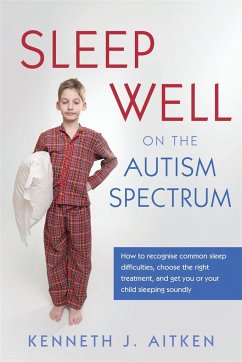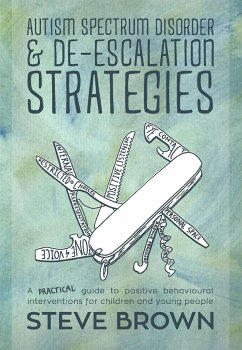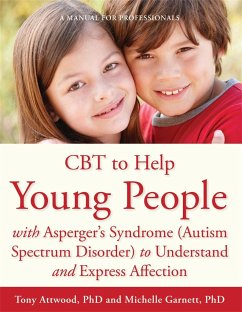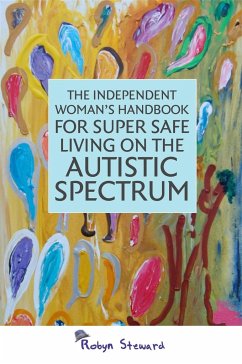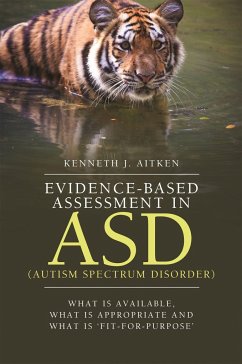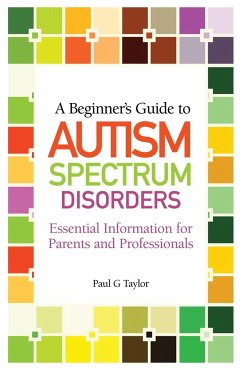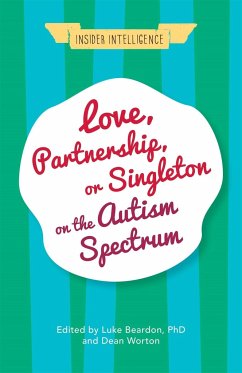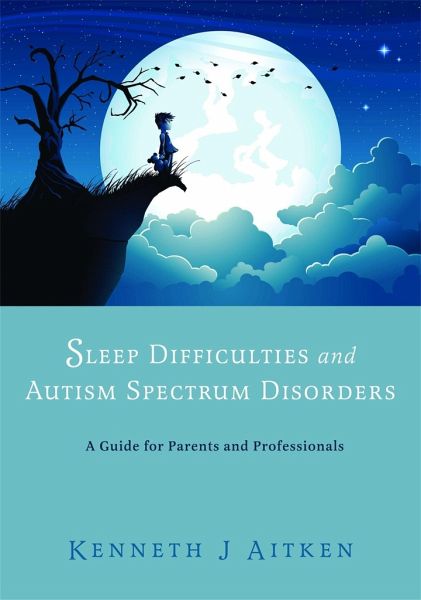
Sleep Difficulties and Autism Spectrum Disorders
A Guide for Parents and Professionals

PAYBACK Punkte
26 °P sammeln!
This comprehensive guide to the management of sleep difficulties focuses on the problems that are commonly found in Autism Spectrum Disorders and related conditions. The author explains sleep and everything that affects it and gives detailed outlines of all the proven medications and western and eastern non-pharmacological remedies available.




